Find Help
More Items From Ergsy search
-
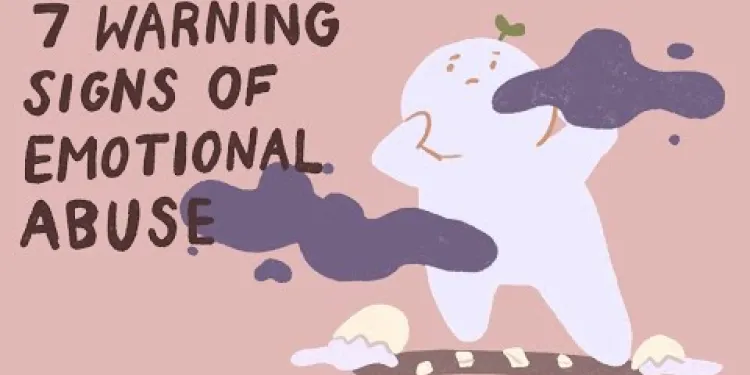
7 Warning Signs of Emotional Abuse
Relevance: 100%
-
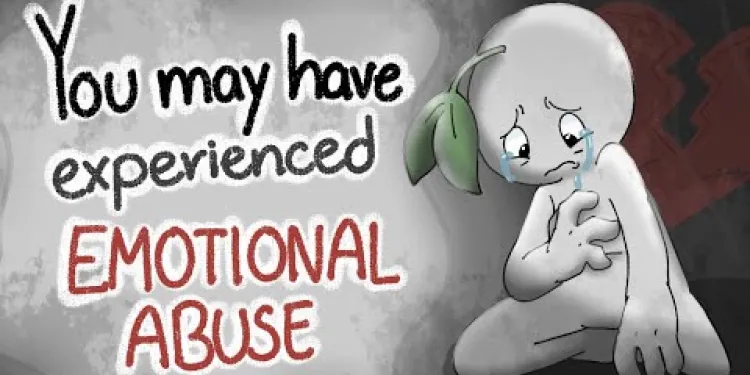
6 Signs of Emotional Abuse and Neglect
Relevance: 76%
-
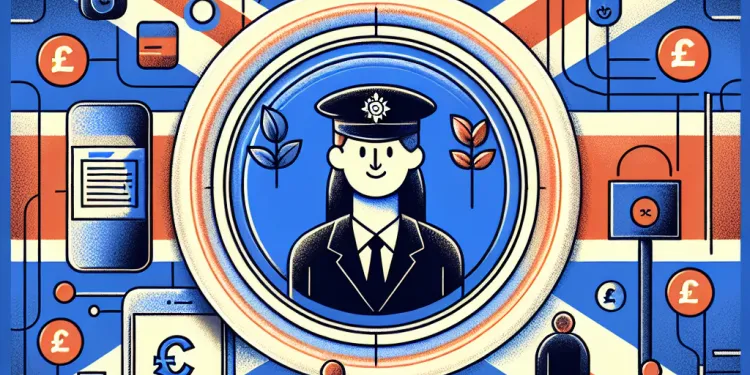
What are the signs of honour based abuse?
Relevance: 53%
-
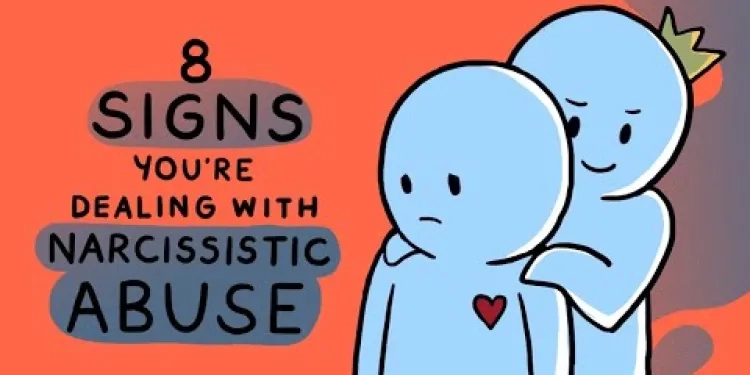
8 Signs You Are Dealing with Narcissistic Abuse
Relevance: 52%
-
What are the early warning signs of an eating disorder?
Relevance: 47%
-
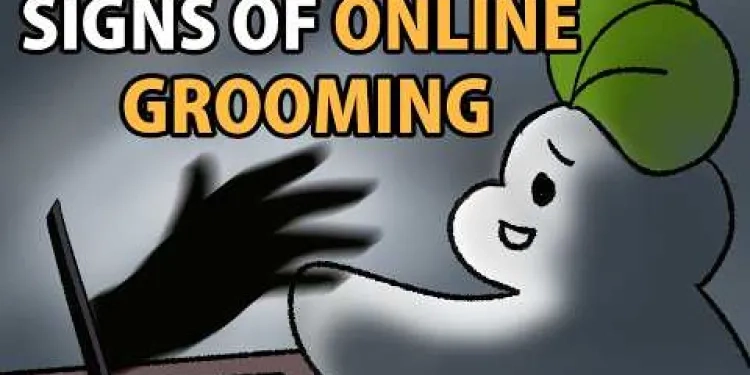
5 Warning Signs of Online Grooming
Relevance: 47%
-

5 Signs You've Been Mentally Abused
Relevance: 45%
-

Live Fear Free - Domestic Abuse
Relevance: 39%
-

When Kids Abuse Kids
Relevance: 38%
-

Are you a male victim of domestic abuse?
Relevance: 38%
-

What are the warning signs of a potential director dispute?
Relevance: 38%
-
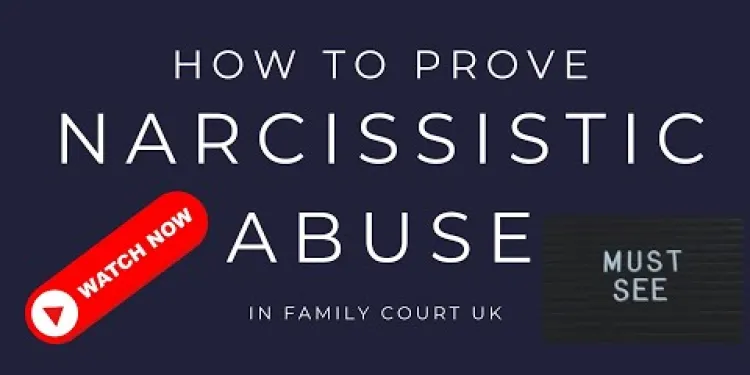
How To Prove Narcissistic Abuse In Family Court UK
Relevance: 37%
-

What is Honour Based Abuse?
Relevance: 36%
-

Steps to Take When Facing Domestic Abuse
Relevance: 36%
-
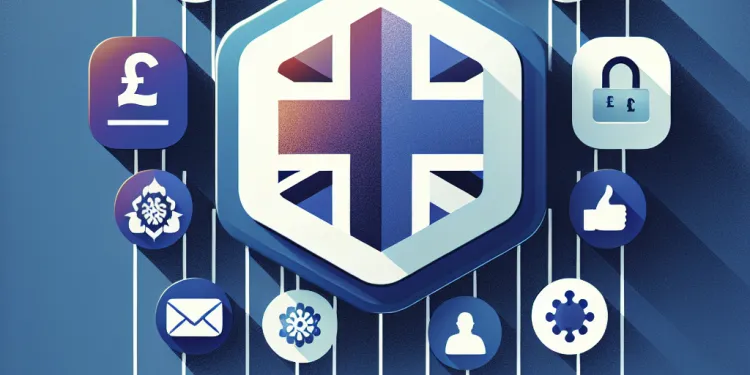
How can honour based abuse be prevented?
Relevance: 35%
-

What constitutes economic abuse under the Domestic Abuse Act 2021?
Relevance: 34%
-

What forms can honour based abuse take?
Relevance: 34%
-
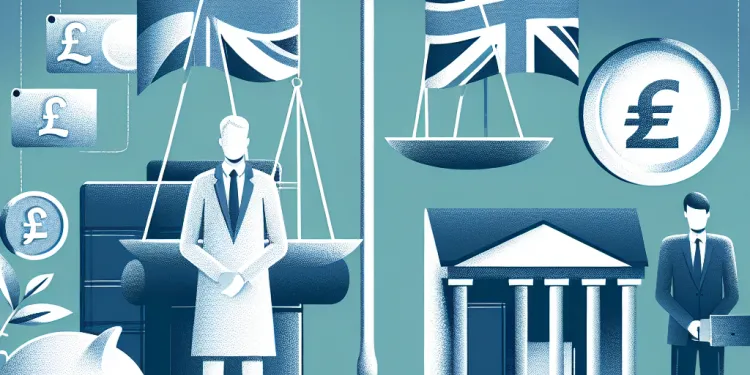
Understanding the New Domestic Abuse Laws in the UK
Relevance: 34%
-

Are unsolicited emails about weight loss drugs a warning sign?
Relevance: 34%
-

Live Fear Free - The Effect of Domestic Abuse on Children
Relevance: 33%
-

What is the new Domestic Abuse Act in the UK?
Relevance: 32%
-

Who can be considered a domestic abuse perpetrator under the new law?
Relevance: 31%
-
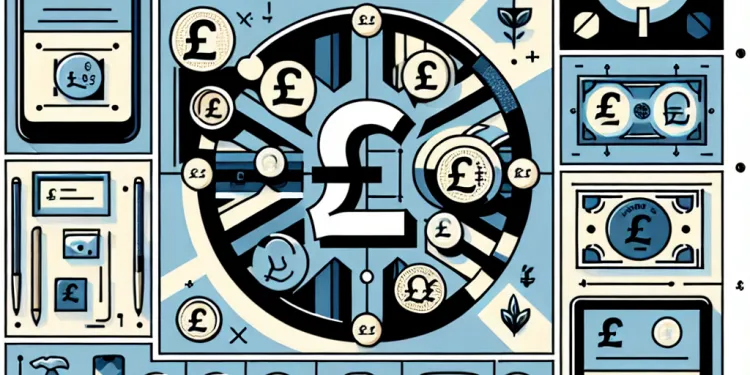
Is honour based abuse a cultural practice?
Relevance: 31%
-

Understanding the Impact of the UK's New Domestic Abuse Legislation
Relevance: 31%
-

Can men be perpetrators of honour based abuse?
Relevance: 31%
-

Had a cough for three weeks or more? It could be a warning sign | NHS
Relevance: 31%
-

What are the warning signs that an elderly person should stop driving?
Relevance: 31%
-

When did the Domestic Abuse Act 2021 come into effect?
Relevance: 29%
-

Who can be a victim of honour based abuse?
Relevance: 29%
-

Three-year limit for child sexual abuse claims to be removed
Relevance: 28%
-

What is bronchiolitis in children? The symptoms, warning signs and when to seek medical help
Relevance: 28%
-
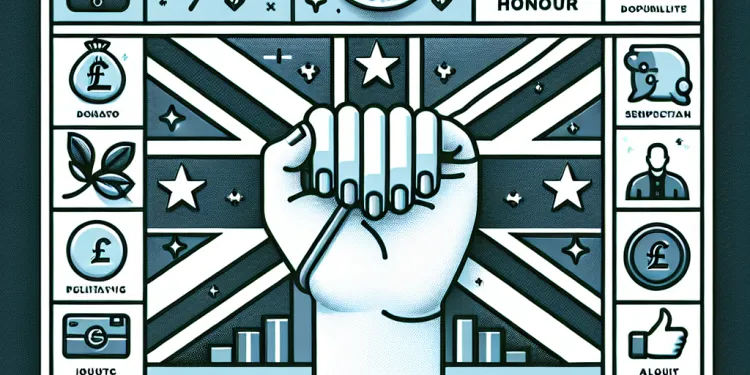
How does honour based abuse impact victims?
Relevance: 27%
-

What are the signs that my relationship is making me depressed?
Relevance: 27%
-

How does Huntington's disease affect emotions?
Relevance: 27%
-
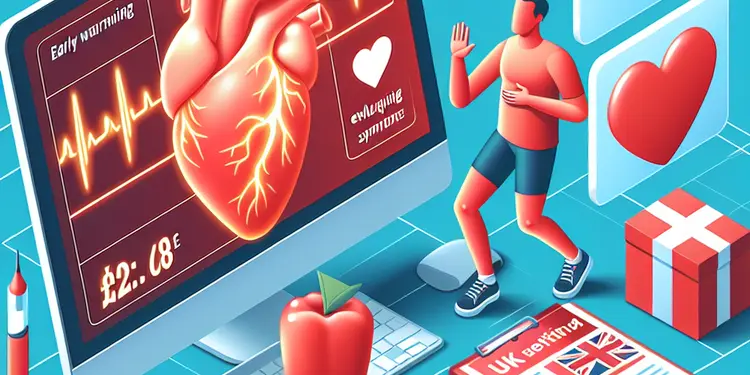
Are there any early warning signs of a heart attack?
Relevance: 25%
-

What emotional support is available for carers of Alzheimer's patients?
Relevance: 24%
-

How does the loss of driving privileges affect seniors emotionally?
Relevance: 24%
-
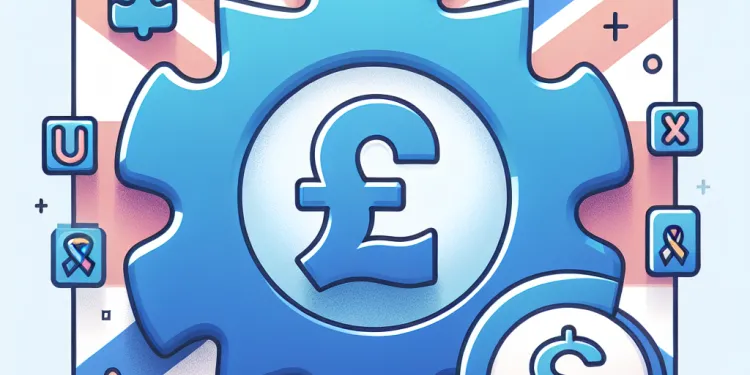
What are the signs of autism?
Relevance: 24%
-

How should employers manage the emotional impact of redundancy on employees?
Relevance: 24%
-

What are the signs of heat exhaustion?
Relevance: 24%
7 Warning Signs of Emotional Abuse
1. Constant Criticism
One of the first warning signs of emotional abuse is relentless criticism. This isn't constructive feedback aimed at personal growth; instead, it's harsh, unjustified commentary designed to belittle and undermine the individual. Over time, constant criticism can erode self-esteem and foster a sense of inadequacy, leaving the victim feeling worthless and helpless.
2. Gaslighting
Gaslighting is a manipulative tactic where the abuser attempts to make the victim doubt their perceptions, memories, or sanity. For instance, the abuser might deny an event ever occurred or insist the victim misremembered it. This destabilization makes the victim increasingly reliant on the abuser, undermining their confidence in their own judgment.
3. Isolation
Emotional abusers often seek to isolate their victims from friends, family, and support networks. By creating distance between the victim and those who might offer help or perspective, the abuser can maintain control and prevent others from recognizing or intervening in the abuse.
4. Extreme Jealousy or Possessiveness
While jealousy is a common human emotion, in emotional abuse, it takes an ominous turn. The abuser may exhibit extreme jealousy or possessiveness, such as constantly accusing their partner of infidelity or controlling their movements and interactions. This often stems from insecurity and a desire to dominate.
5. Manipulative Behaviour
Manipulation is a hallmark of emotional abuse. The abuser may twist situations to confuse the victim, render them guilty, or induce compliance. Whether through silent treatment, guilt-tripping, or shifting blame, manipulation keeps the victim off-balance and erodes their autonomy and self-assurance.
6. Hypersensitivity and Blame
Emotional abusers often exhibit hypersensitivity, taking offense at seemingly minor slights. This is usually paired with an unwillingness to take responsibility, instead blaming the victim for their emotional suffering. Over time, this dynamic trains the victim to walk on eggshells to avoid confrontations.
7. Mood Swings
Unpredictable mood swings are another red flag. The abuser's demeanor might shift rapidly from caring and loving to angry and hostile. This unpredictability can create an environment of constant fear, as the victim struggles to anticipate and manage the abuser's emotional fluctuations.
7 Warning Signs of Being Hurt by Words
1. Constant Criticism
Being hurt by words can start with always being told you're wrong. This isn't helpful advice to make you better. It's mean talk that makes you feel bad about yourself. When this happens a lot, you might feel very sad and not good enough.
2. Gaslighting
This is when someone tries to make you doubt what you think or remember. They might say something didn't happen when it did. This can make you unsure about what is true and start to trust the person who is doing the hurting more than yourself.
3. Isolation
Sometimes, someone might try to keep you away from your friends and family. They do this to make sure you don't have help. This way, they can stay in control and no one notices the hurt they are causing.
4. Extreme Jealousy or Possessiveness
Jealousy is normal, but it can become scary. The person might always think you are doing something wrong or try to control what you do and who you see. This can happen when they feel very unsure of themselves.
5. Manipulative Behaviour
This means tricking someone to make them do what you want. The person might twist things around to make you feel guilty. They might give you the silent treatment or blame you for everything. This can make you feel confused and not in control.
6. Hypersensitivity and Blame
The person might get upset over little things, and they never think they're wrong. They often blame you when things go wrong. After a while, you might feel like you have to be very careful just to keep them happy.
7. Mood Swings
Someone who hurts with their words might change how they act very quickly. One minute they might be kind, and the next, angry. This can make you feel scared because you never know how they will act next.
If you think this is happening to you or someone you know, talking to someone you trust is important. It might help to use simple tools, like keeping a feelings diary or talking to a friend, teacher, or counselor.
Frequently Asked Questions
What is emotional abuse?
Emotional abuse is a form of abuse characterised by the manipulation, control, and demeaning of another person's feelings or sense of self-worth through verbal or non-verbal actions.
What are the 7 warning signs of emotional abuse?
The 7 warning signs of emotional abuse typically include: excessive control, humiliation, isolation from friends and family, verbal aggression, blame-shifting, guilt-tripping, and gaslighting.
How does controlling behaviour manifest in emotional abuse?
Controlling behaviour in emotional abuse can manifest as dictating what a person can wear, who they can see, what they can do, and where they can go, often limiting their autonomy and independence.
In what ways can humiliation be a form of emotional abuse?
Humiliation as emotional abuse involves embarrassing or shaming someone, usually in front of others, undermining their confidence and self-respect.
Why is isolation a tactic used in emotional abuse?
Isolation is used to cut off the victim from support networks and loved ones, making them more reliant on the abuser and less likely to seek help.
How does verbal aggression differ from normal arguments?
Verbal aggression in emotional abuse is characterised by persistent, targeted insults, threats, or belittling designed to intimidate, hurt, or control the victim, beyond typical disagreements.
What is blame-shifting in the context of emotional abuse?
Blame-shifting is when the abuser refuses to take responsibility for their actions and consistently blames the victim for anything that goes wrong.
How does guilt-tripping function as a form of emotional abuse?
Guilt-tripping involves making the victim feel responsible for the abuser's problems or emotions, often manipulating them into compliance or obedience.
What is gaslighting and how does it relate to emotional abuse?
Gaslighting is a psychological manipulation tactic where the abuser makes the victim doubt their perceptions and feelings, causing confusion and self-doubt.
How can someone recognise if they are being emotionally abused?
Someone can recognise emotional abuse if they frequently feel belittled, isolated, confused about their reality, reliant on the abuser, or obligated to comply to avoid conflict.
What impact can emotional abuse have on mental health?
Emotional abuse can lead to anxiety, depression, low self-esteem, PTSD, and a variety of other mental health issues, impacting both short-term and long-term wellbeing.
What support is available for victims of emotional abuse in the UK?
In the UK, support is available through helplines such as the National Domestic Abuse Helpline, counselling services, support groups, and charities dedicated to aiding victims of abuse.
What should someone do if they suspect a friend or family member is being emotionally abused?
If you suspect someone is being emotionally abused, offer your support, listen without judgment, encourage them to seek professional help, and provide information about local resources.
Can emotional abuse occur in any type of relationship?
Yes, emotional abuse can occur in any type of relationship, including romantic partnerships, friendships, family dynamics, and even workplace relationships.
What legal protections exist in the UK for victims of emotional abuse?
In the UK, legal protections for victims of emotional abuse include restraining orders, non-molestation orders, and laws against controlling or coercive behaviour under the Serious Crime Act 2015.
What is emotional abuse?
Emotional abuse is when someone hurts your feelings on purpose. It can make you feel sad, scared, or bad about yourself. If someone is always saying mean things or ignoring you, that can be emotional abuse.
It is important to talk to someone you trust if you think this is happening to you. A teacher, parent, or friend can help.
To feel better and stay safe, you can:
- Draw or write about your feelings.
- Talk to someone who will listen and help you.
- Learn to say 'no' if something makes you uncomfortable.
Emotional abuse is when someone hurts another person's feelings. They might try to control them or make them feel bad about themselves. This can be done by saying mean things or by actions that are not nice.
Here’s how to make this easier:
- Use simple words to describe how you feel.
- Ask a trusted adult for help if you feel upset.
- Try using drawings or pictures to show your feelings.
What are the 7 signs someone is being mean in a hurtful way?
The 7 warning signs of emotional abuse are:
- Someone tries to control you too much.
- Someone makes you feel bad and embarrassed.
- Someone stops you from seeing your friends and family.
- Someone talks to you in a mean way.
- Someone says things are your fault when they are not.
- Someone tries to make you feel guilty.
- Someone makes you doubt your own thoughts and feelings.
If you or someone you know sees these signs, it is important to talk to someone you trust. You can also use picture cards or simple charts to help understand and remember these signs. Talking to a helper like a counselor can also be good. Remember, no one should make you feel this way.
What is controlling behavior in emotional abuse?
Controlling behavior is when a person tries to make someone do what they want all the time.
In emotional abuse, this means one person tries to control how the other person feels, thinks, or acts.
They might tell the person what they can or can't do, or make them feel scared to say no.
To understand this better, it can help to talk to someone you trust or a counselor.
Using pictures or stories can also help make it clear.
Someone being mean in a relationship might try to control you by telling you what to wear, who you can be friends with, what you can do, and where you can go. This can make you feel like you can't make choices for yourself.
If you feel like this, it's important to talk to a trusted adult or friend who can help. You can also try writing down your feelings in a notebook. This can make it easier to understand what's happening and decide what to do next.
How can making someone feel bad be a way to hurt their feelings?
Making someone feel bad on purpose can really hurt their feelings. It is like being mean and can make them feel small and sad. Here are some ways it happens:
- Teasing or calling names can make someone feel bad about themselves.
- Laughing at them in front of others can make them feel embarrassed.
- Telling others their secrets can make them feel scared and alone.
These actions can hurt someone’s heart, just like a bruise hurts the body.
Here are some helpful tools and tips:
- Talk to someone who makes you feel safe, like a parent or teacher.
- Write down your feelings in a diary to help understand them.
- Remember, it is not your fault someone is being mean.
Humiliation is a type of emotional abuse. It happens when someone makes another person feel embarrassed or ashamed, often in front of other people. This can make the person feel bad about themselves and lose confidence.
Why Do People Use Being Alone to Hurt Others' Feelings?
Some people try to make others feel alone to hurt them. It's like keeping someone away from their friends and family. When people feel alone, they can be very sad. It's not nice, and it's a way to be mean to someone.
Tools to Help:
- Talk to a trusted friend or adult about your feelings.
- Write down how you feel in a journal.
- Find activities you enjoy to stay connected with others.
Isolation means keeping someone away from their friends and family. This way, the person feels alone and must depend on the person hurting them. It makes it hard for them to ask for help.
Using simple words can help people understand better. It might also help to talk to a trusted friend, teacher, or family member about what's happening.
What is the difference between verbal aggression and normal arguments?
Verbal aggression means using words to hurt someone. It is a form of emotional abuse. This can include saying mean things, making threats, or putting someone down over and over again. The goal is to scare, hurt, or control the person, not just argue or disagree.
If you have trouble understanding tricky words, try using a dictionary. Reading with a friend or adult can help too. Don't be afraid to ask questions if something is confusing.
What is blame-shifting in emotional abuse?
Blame-shifting is when someone tries to make you feel like something is your fault, even when it is not.
In emotional abuse, this means one person tries to blame another person to avoid taking responsibility.
Here are some helpful tips:
- Talk to a trusted friend or adult about how you feel.
- Write down what happened to help you remember the truth.
- Practice saying, "That's not my fault" when you know it's not your fault.
Blame-shifting is when a person does something wrong, but they do not say "Sorry." Instead, they say it is someone else's fault.
What is guilt-tripping and how can it be a way to hurt feelings?
Guilt-tripping means making someone feel like it's their fault for another person's problems or feelings. It's a way to make them do what the other person wants.
What is Gaslighting and How is it Linked to Emotional Abuse?
Gaslighting is when someone tries to make you doubt what you know is true. They may tell lies and make you feel confused. This can make you feel upset and unsure about yourself.
Gaslighting is a form of emotional abuse. Emotional abuse is when someone hurts your feelings or makes you feel bad about yourself on purpose. It can happen in families, friendships, or relationships.
If you think this is happening to you, talk to someone you trust. You can also write down your thoughts or speak to a counselor for help. Using drawings or simple notes can help you remember what happened and feel clearer.
Gaslighting is when someone tries to trick you into doubting what you see or feel. They do this to make you feel confused and unsure about yourself.
How to Know if Someone is Hurting Your Feelings in a Bad Way
Here are some signs that someone might be hurting your feelings in a bad way:
- They often say mean things to make you feel bad.
- They try to control what you do or who you see.
- They make you feel scared or worried a lot of the time.
- They blame you for things that are not your fault.
- They don't let you speak or share your feelings.
If you feel like this is happening to you, it's important to talk to someone you trust. You can also write down how you feel or draw a picture. Remember, feeling safe and happy is very important.
You can tell it's emotional abuse if you often feel bullied or put down. It might feel like you're always alone, unsure what's real, or that you need to listen to the person hurting you to keep the peace.
How does emotional abuse affect mental health?
Emotional abuse is when someone hurts your feelings on purpose. It can make you feel sad, scared, or not good about yourself.
This can happen when someone calls you names, makes fun of you, or always tells you that you are bad.
Emotional abuse can make it hard to be happy and may make you feel worried all the time. It can also make you feel like you can't do things or that you are not important.
If you or someone you know is being emotionally abused, talking to a teacher, a family member, or a counselor can help. Writing or drawing how you feel can also be useful.
There are tools that can help, like speaking to someone you trust, or using calm-down techniques like deep breathing.
Emotional abuse is when someone hurts your feelings on purpose. This can make you feel very worried, sad, or not good about yourself. It can also cause big problems like PTSD, which is when scary memories keep bothering you. Emotional abuse can make you feel bad now and later in life.
If you or someone you know is dealing with this, talk to a trusted adult or a counselor. They can help. Writing your feelings in a journal or talking to a friend can also support you. Remember, it’s important to feel safe and happy.
What help can people get if they are hurt by others' words in the UK?
If someone's words are making you feel bad or sad in the UK, there is help for you.
You can talk to someone at a place called a helpline. They can listen to you and help you.
There are special people called counselors. They can help you understand your feelings. Talking to them can make you feel better.
Sometimes, there are groups where you can meet others who feel the same way. This is called a support group. You can talk and share your stories with them.
You can also try writing down your feelings in a notebook. It can help you feel better.
If you are at school, you can talk to your teacher or school counselor. They can help you too.
In the UK, you can get help if you are hurt at home. You can call phone lines like the National Domestic Abuse Helpline. You can also talk to a helper, join a group, or reach out to charities that help people who have been hurt.
What to do if you think a friend or family member is being hurt emotionally?
1. Talk to them privately. Let them know you care.
2. Listen to them and believe what they say. It is important they feel heard.
3. Encourage them to tell a trusted adult or call a helpline for help.
4. Offer your support and be there for them.
5. Use tools like drawing or writing to help them express how they feel.
If you think someone is being hurt by their feelings, you can help. Be there for them. Listen and don't say they are wrong. Tell them to talk to someone who can help, like a counselor. Also, find out where they can get help nearby and tell them.
Can emotional abuse happen in any relationship?
Emotional abuse can happen between different people.
This means it can happen between friends, family members, or partners.
Here are some ways to help understand and talk about feelings:
- Talk to someone you trust, like a teacher or a family member.
- Write down your feelings in a journal.
- Draw pictures to show your feelings.
- Use apps that help you learn about emotions.
Yes, emotional abuse can happen in any relationship. This means it can happen in boyfriend-girlfriend relationships, friendships, family, and even at work.
How does the law in the UK help people hurt by emotional abuse?
The UK has laws to help protect people from emotional abuse. Emotional abuse means someone is being mean or making another person feel bad on purpose.
If someone is hurting your feelings a lot, the law can help to keep you safe. You can talk to a helper, like a teacher or a police officer, to get help.
There are also people you can call, like a helpline. They can listen to you and give advice.
Remember, it's important to tell someone if you are being hurt or made to feel bad. There are people ready to help you.
In the UK, there are rules to help people who are hurt by emotional abuse. These rules include:
- Restraining orders: These stop someone from coming near or contacting you.
- Non-molestation orders: These protect you from someone who is bothering or threatening you.
- Laws against controlling or bullying behavior: The Serious Crime Act 2015 can help stop it.
These rules keep you safe. If you need help, talk to a trusted adult or call a helpline.
Useful Links
This website offers general information and is not a substitute for professional advice.
Always seek guidance from qualified professionals.
If you have any medical concerns or need urgent help, contact a healthcare professional or emergency services immediately.
- Ergsy carfully checks the information in the videos we provide here.
- Videos shown by Youtube after a video has completed, have NOT been reviewed by ERGSY.
- To view, click the arrow in centre of video.
- Most of the videos you find here will have subtitles and/or closed captions available.
- You may need to turn these on, and choose your preferred language.
- Go to the video you'd like to watch.
- If closed captions (CC) are available, settings will be visible on the bottom right of the video player.
- To turn on Captions, click settings .
- To turn off Captions, click settings again.
More Items From Ergsy search
-

7 Warning Signs of Emotional Abuse
Relevance: 100%
-

6 Signs of Emotional Abuse and Neglect
Relevance: 76%
-

What are the signs of honour based abuse?
Relevance: 53%
-

8 Signs You Are Dealing with Narcissistic Abuse
Relevance: 52%
-
What are the early warning signs of an eating disorder?
Relevance: 47%
-

5 Warning Signs of Online Grooming
Relevance: 47%
-

5 Signs You've Been Mentally Abused
Relevance: 45%
-

Live Fear Free - Domestic Abuse
Relevance: 39%
-

When Kids Abuse Kids
Relevance: 38%
-

Are you a male victim of domestic abuse?
Relevance: 38%
-

What are the warning signs of a potential director dispute?
Relevance: 38%
-

How To Prove Narcissistic Abuse In Family Court UK
Relevance: 37%
-

What is Honour Based Abuse?
Relevance: 36%
-

Steps to Take When Facing Domestic Abuse
Relevance: 36%
-

How can honour based abuse be prevented?
Relevance: 35%
-

What constitutes economic abuse under the Domestic Abuse Act 2021?
Relevance: 34%
-

What forms can honour based abuse take?
Relevance: 34%
-

Understanding the New Domestic Abuse Laws in the UK
Relevance: 34%
-

Are unsolicited emails about weight loss drugs a warning sign?
Relevance: 34%
-

Live Fear Free - The Effect of Domestic Abuse on Children
Relevance: 33%
-

What is the new Domestic Abuse Act in the UK?
Relevance: 32%
-

Who can be considered a domestic abuse perpetrator under the new law?
Relevance: 31%
-

Is honour based abuse a cultural practice?
Relevance: 31%
-

Understanding the Impact of the UK's New Domestic Abuse Legislation
Relevance: 31%
-

Can men be perpetrators of honour based abuse?
Relevance: 31%
-

Had a cough for three weeks or more? It could be a warning sign | NHS
Relevance: 31%
-

What are the warning signs that an elderly person should stop driving?
Relevance: 31%
-

When did the Domestic Abuse Act 2021 come into effect?
Relevance: 29%
-

Who can be a victim of honour based abuse?
Relevance: 29%
-

Three-year limit for child sexual abuse claims to be removed
Relevance: 28%
-

What is bronchiolitis in children? The symptoms, warning signs and when to seek medical help
Relevance: 28%
-

How does honour based abuse impact victims?
Relevance: 27%
-

What are the signs that my relationship is making me depressed?
Relevance: 27%
-

How does Huntington's disease affect emotions?
Relevance: 27%
-

Are there any early warning signs of a heart attack?
Relevance: 25%
-

What emotional support is available for carers of Alzheimer's patients?
Relevance: 24%
-

How does the loss of driving privileges affect seniors emotionally?
Relevance: 24%
-

What are the signs of autism?
Relevance: 24%
-

How should employers manage the emotional impact of redundancy on employees?
Relevance: 24%
-

What are the signs of heat exhaustion?
Relevance: 24%


